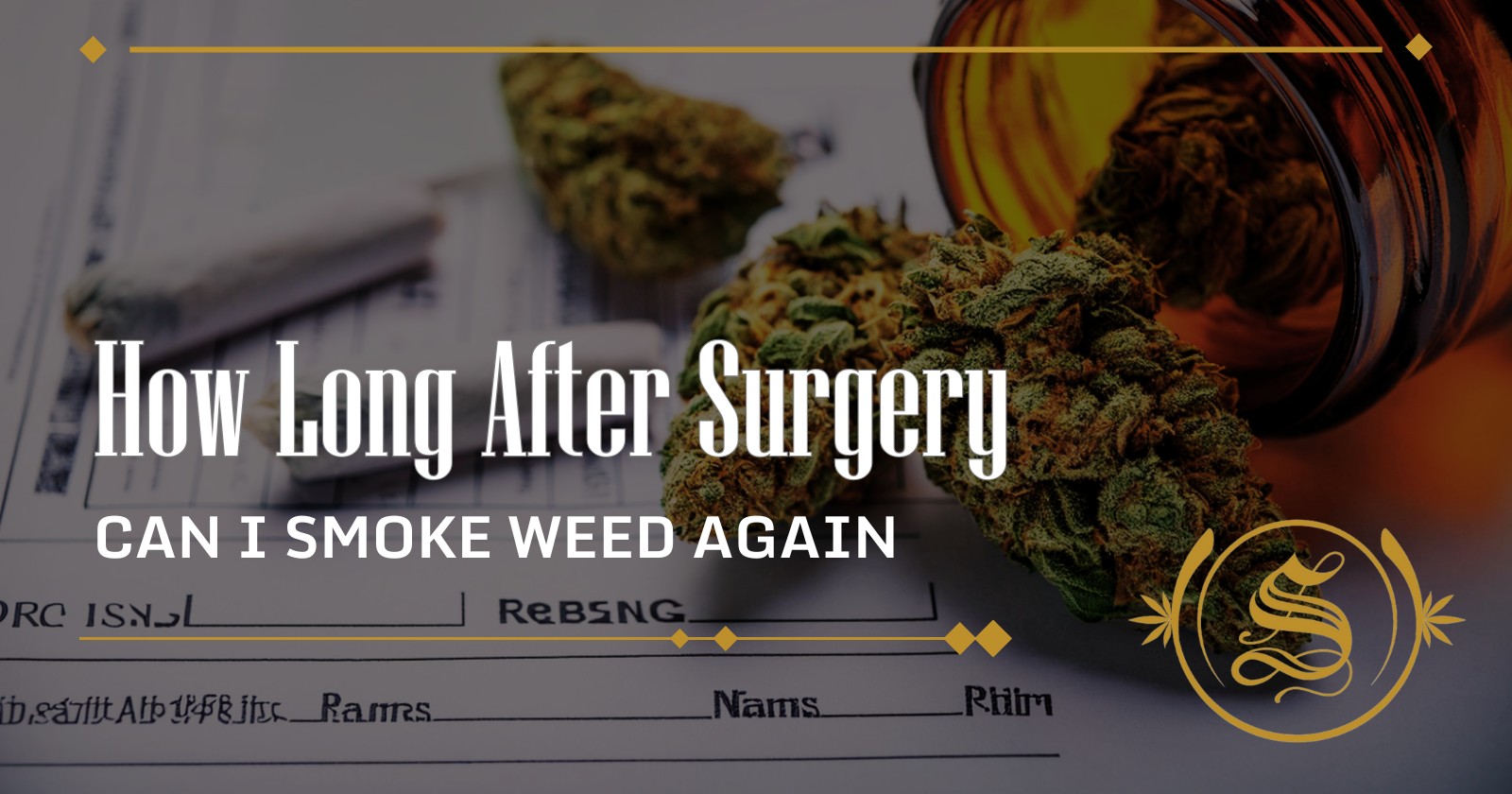Iftikhar Alam
Author
Reviewed by Cannabis Experts
Published on: November 18, 2024 | Updated on: November 21, 2024
Is weed legal in the United States? Most of us think it is federally legal nationwide due to the 2018 Farm Bill. But it’s not as simple as you think. Once seen solely as an illegal drug, cannabis is legal for medical or recreational use in many states. Yet, it remains illegal at the federal level.
So, when will weed be federally legal? Let’s understand it on a deeper level, the obstacles standing in the way, and what might happen in the future.
The Current Marijuana Laws
Marijuana laws differ from one state to the other in the U.S. As of now, 37 states have legalized medical marijuana, and 23 states allow recreational use.
However, under federal law, marijuana is still considered a Schedule I substance, alongside drugs like heroin and LSD. The federal government considers cannabis to have no apparent medical value and a significant potential for misuse. This contradicts the opinions of many states and medical professionals.
This creates a tricky situation where states may allow marijuana use, but federal law still considers it illegal. Due to this disconnect, it is sometimes challenging to buy marijuana despite the availability of trusted cannabis dispensaries.
It also creates issues like issues like lack of banking access for cannabis businesses and ongoing federal raids.
Why Isn’t Weed Federally Legal Yet?
With growing public support for cannabis usage, the question arises: why isn’t weed federally legal yet?
Several factors contribute to this, and each one has slowed down progress differently.
Political Opposition
Some lawmakers, particularly in the Senate, oppose federal legalization of marijuana. While a few politicians are pro-cannabis, others are hesitant to legalize marijuana on a federal level.
They consider public health and youth access a huge risk. Despite the changing public opinion and research, some lawmakers continue to consider marijuana as a gateway drug.
Complexity of Federal Laws
Federal laws are more difficult to modify than state laws. If a bill passed by Congress is to become federally legal, the president would then need to sign it into law. Then, it must be approved by the House of Representatives and the Senate.
Currently, the House has approved bills such as the Marijuana Opportunity Reinvestment and Expungement Act (MORE), but the Senate has not.
Public Opinion Shift
Public opinion regarding marijuana usage has majorly shifted over the past few decades. Polls show that 68% of Americans now support full marijuana legalization.
This growing support is putting pressure on federal lawmakers to take action. Still, the federal legalization of weed depends heavily on political will and balancing common interests.
The Potential Path to Federal Legalization
So, when will weed be federally legal? Predicting an exact could be a challenge, but several paths could lead to marijuana being federally legal in the coming years.
Rescheduling or De-scheduling Marijuana
The first step to making marijuana federally legal would be removing it from the Schedule I drug category. Once it is classified as a less dangerous drug, the Senate can easily pass the bill for medical and recreational usage.
There’s even a possibility of de-scheduling marijuana entirely, meaning it would no longer be federally regulated as a controlled substance.
Bi-partisan Support
Federal legalization will likely require bipartisan support in Congress. Some politicians from both parties are working together to push forward legalization efforts.
For example, the SAFE Banking Act, which would allow cannabis businesses to access banking services without fear of federal penalties, has gained support from both parties. It can be seen as a stepping stone toward broader reform.
Presidential Action
The President of the United States could play a significant role in cannabis reform. Executive actions could mean forgiving people who were punished for using marijuana when it wasn’t violent. It might also involve trying to change the rules about how the government classifies marijuana.
Under the Biden administration, there have been moves to review marijuana’s classification. However, no definitive actions have been taken toward full legalization.
What Will Happen If Weed Becomes Federally Legal?
If weed becomes federally legal, it will create many new opportunities for businesses, patients, and consumers across the country. Here are some changes we could see:
Uniform Laws
Federal legalization would create uniform cannabis laws across all states, eliminating the confusion between state and federal regulations. This would make it easier for people to understand their rights and businesses to operate without fear of federal involvement.
Easier Access to Banking
Not having access to bank loans is one of the biggest challenges that marijuana businesses face. Since weed is federally illegal, banks refuse to finance such companies. If weed becomes federally legal, expanding marijuana dispensaries will become quicker and easier.
Economic Growth
The cannabis industry is already booming, and federal legalization would likely boost its growth. It would open new markets, create jobs, and increase tax revenue.
States like Colorado and California have already seen the economic benefits of having legal marijuana shops. These effects would likely be amplified if weed becomes federally legal.
Will Weed Be Federally Legal Soon?
So, when will weed be federally legal? While no one can say for certain, the signs point to a future where federal legalization is more likely than ever.
We can see that public support is growing, and the views of lawmakers are changing. It is only a matter of time before we see major changes at the federal level.
However, the timeline is still unclear. If the effort to legalize marijuana continues, it could happen within the next few years. The challenges still remain, and federal legalization might not happen overnight.
Conclusion
The question “When will weed be federally legal?” has no simple answer. While progress is being made, hurdles such as political opposition, laws, and differences in public opinion slow down the process.
The future of cannabis policy appears bright. We can see increased support for legalization, political efforts, and rescheduling of the drug type. It’s unclear when full legalization will happen, but change is definitely approaching!
Sources
Footnotes
- Pacula RL, Smart R. Medical Marijuana and Marijuana Legalization. Annu Rev Clin Psychol. 2017;13:397-419.
- Svrakic DM, Lustman PJ, Mallya A, Lynn TA, Finney R, Svrakic NM. Legalization, decriminalization & medicinal use of cannabis: a scientific and public health perspective. Mo Med. 2012;109(2):90-8.
References
- Testimony on hemp production and the 2018 Farm Bill. United States Senate Committee on Agriculture, Nutrition, and Forestry. Accessed 10/4/2024.
- The federal status of marijuana and the policy gap with states (IF12270). Congressional Research Service. Accessed 10/4/2024.
- Marijuana Opportunity Reinvestment & Expungement (MORE) Act reintroduced in the House [Press release]. Drug Policy Alliance. Accessed 10/4/2024.
- SAFE Banking Act passes House. American Bar Association. Accessed 10/4/2024.
- Support for legal marijuana holds at record high of 68%. Gallup. Accessed 10/4/2024.
The content provided on this blog is for informational purposes only and does not constitute medical, legal, or professional advice. Cannabis use is subject to local laws and regulations, which vary widely by jurisdiction. Always consult with a healthcare professional before starting any new treatment or altering an existing treatment regimen. The authors and publishers of this blog are not responsible for any actions taken based on the information provided herein. Use cannabis responsibly and in accordance with applicable laws. This blog is intended for adults aged 21 and over. The Sanctuary Dispensaries D186, D187.








